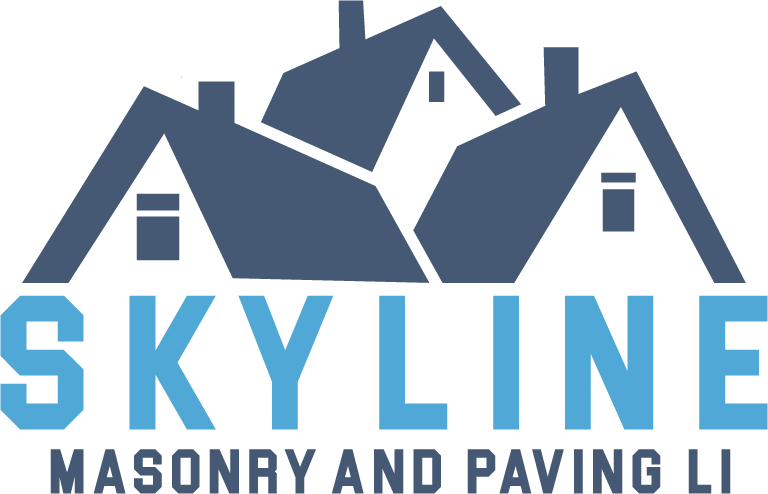Paving a driveway or patio in Long Island isn’t just about choosing the right materials or hiring a skilled contractor. One of the most important factors influencing the success of any paving project is the local climate. From freezing winters to humid summers, Long Island’s weather has a direct impact on both the installation process and the longevity of the paved surface.
Seasonal Considerations for Installation
Paving is best done in stable, moderate weather. The ideal time for paving in Long Island typically falls between late spring and early autumn, when temperatures are mild and the risk of rain is lower. During these months:
- Asphalt and concrete cure more effectively
- Ground conditions are more predictable
- Work is less likely to be delayed due to adverse weather
Attempting to pave during colder months can lead to poor bonding, cracking, or uneven surfaces.
Impact of Freeze-Thaw Cycles
Long Island winters often bring freezing temperatures and snow, which lead to freeze-thaw cycles. Water that seeps into cracks in paving materials can freeze and expand, causing further damage. To minimise this risk, it’s crucial to:
- Use high-quality, weather-resistant materials
- Ensure proper drainage systems are installed
- Apply sealant where appropriate to prevent water penetration
A professional contractor will always account for freeze-thaw resistance during the planning phase.
Summer Heat and Surface Wear
In summer, Long Island experiences stretches of high heat and humidity, which can also pose challenges. Prolonged exposure to sunlight can cause certain materials, especially asphalt, to become soft and prone to deformation. This is why timing and material selection are so important:
- Light-coloured pavers may reflect more heat and resist damage better
- Routine maintenance, such as sealcoating, helps protect paved surfaces
- Ensuring correct compaction during installation prevents later issues
Maintenance Tailored to Local Conditions
Regular maintenance becomes more important in a climate like Long Island’s. Seasonal inspections can catch minor issues before they become costly problems. Contractors familiar with local weather trends are best positioned to recommend maintenance schedules that suit your property and usage.
In conclusion, understanding how Long Island’s weather affects paving helps you make smarter decisions about when to pave, what materials to use, and how to care for your surface long-term. Always consult with experienced local contractors who understand the unique climate challenges in the area.
